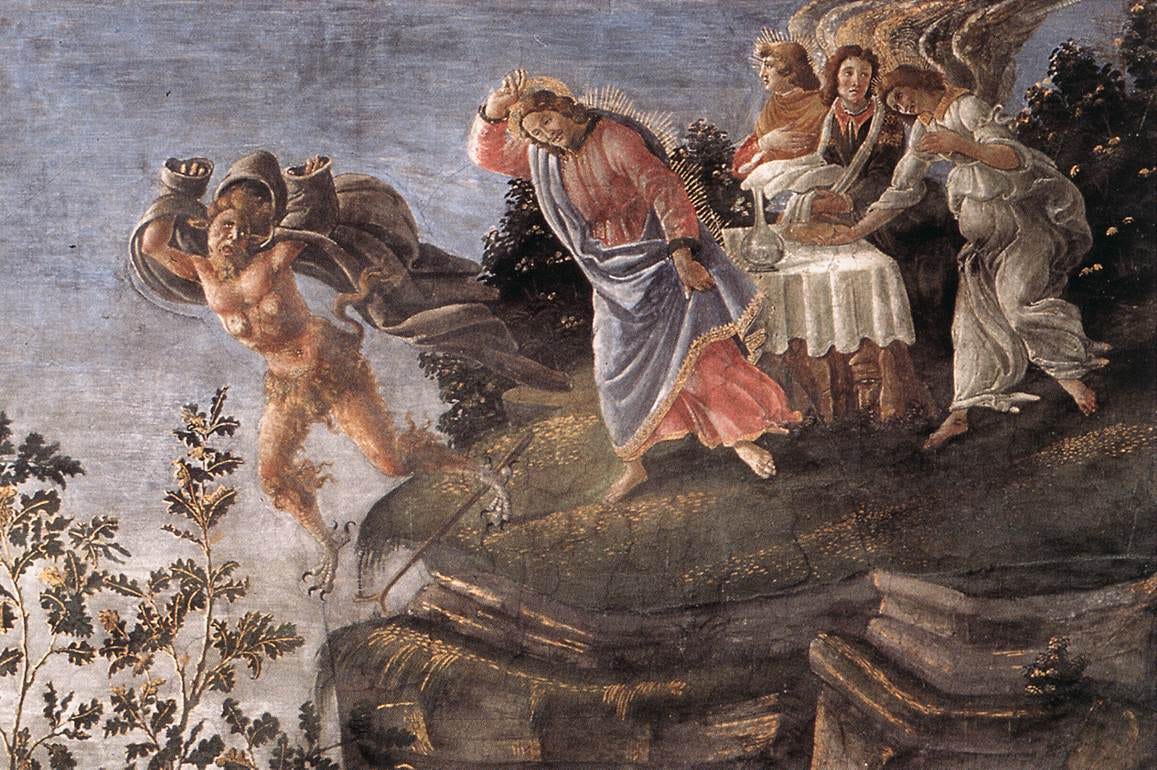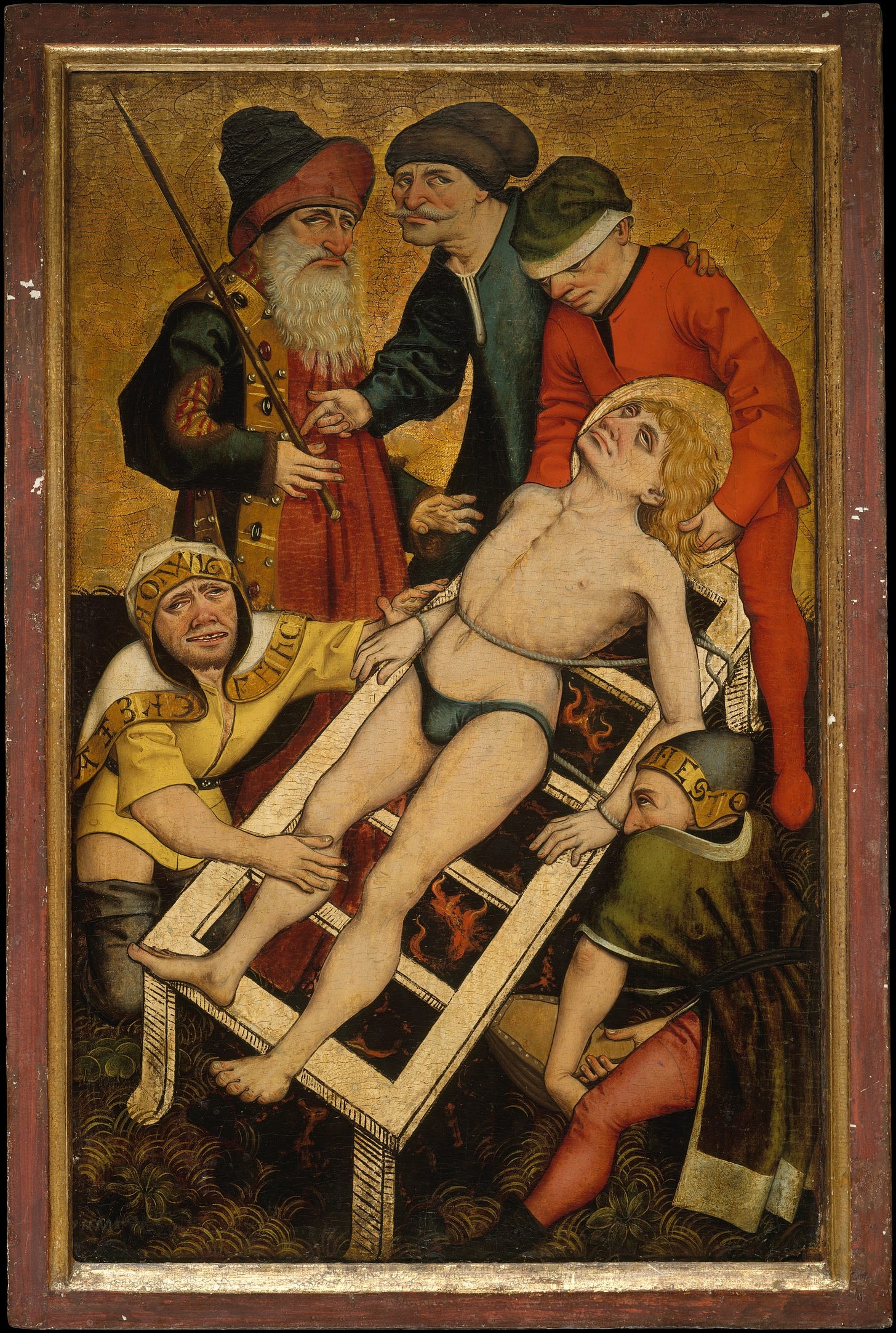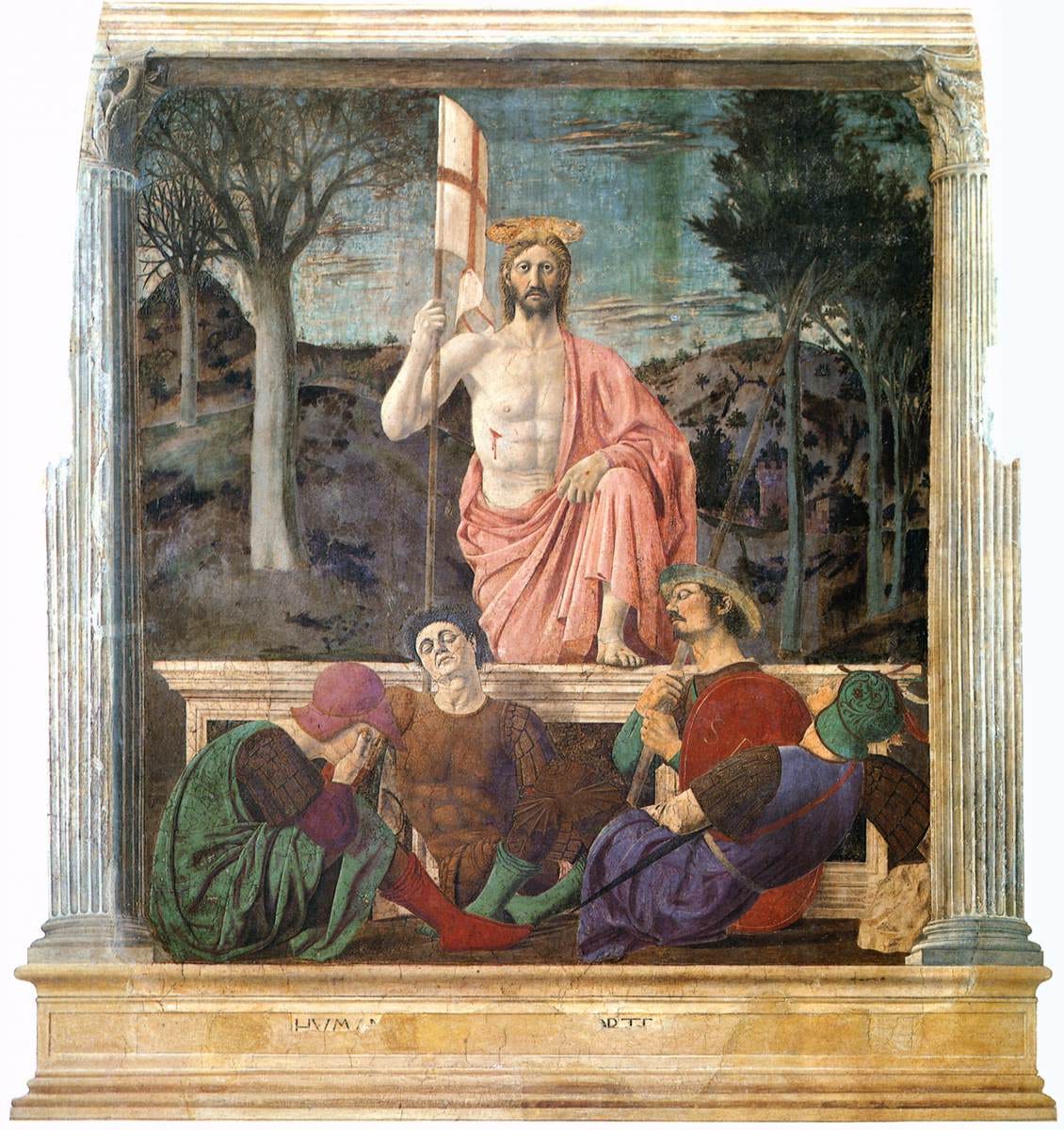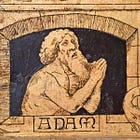Happy Holy Days! (Part Two)
Cataloging Catholicism’s Contributions to the Calendar (Continued)
MARDI GRAS

What holiday1 better embodies the City of Man’s inversion and perversion of that which rightfully belongs to the City of God than Mardi Gras in New Orleans?
A night when the French Quarter turns into a red light district; where the granddaughters of the eldest daughter of the church play harlot with harlequins, tossing infernal facsimiles of rosary beads from atop garish floats as payment for public indecency; in which hordes of debauched revelers dress up like purple-green-and-gold demons while engaging in levels of degeneracy that put so-called “pride parades” to shame.2
Too harsh? Probably, which is why I’ll let fellow Catholic and Word on Fire editor extraordinaire Haley Stewart act as the defense to my prosecution.
At any rate, Mardi Gras’ secular popularity isn’t so surprising considering it’s all about having a good time, even in its original Catholic sense: “Mardi Gras” translates from the French as “Fat Tuesday,” and is traditionally celebrated as the final day of fun and feasting before Lent begins—a season where fasting, abstinence, and mortification are required of the faithful.
Yet for all the overindulgence of Mardi Gras, it’s the somber, penitential morning after of Ash Wednesday that is actually one of the Catholic Church’s most attended liturgies of the entire year.
It seems many want to wear the ashes, but few want to feel the burn that earns them.
EASTER
Ask most Christians what the most important day of the year is, and they’ll probably respond (understandably enough) with Christmas.
After all, what could be better than the birth of Jesus?
His rebirth, of course!
Easter, the Feast of Feasts and Solemnity of Solemnities, which celebrates the single most important event in human history—the Resurrection—has sadly lost its prominence in the culture, even its commercialized form.
While Santa Claus—avatar for the secularization of Christmas that he is—at least has sainthood in his defense, the Easter Bunny can offer no such excuse. No, it’s not Roman Catholics you should thank (or blame) for the rise of Easter’s mainstream mascot, but German Lutherans!
Tell the average Easter enjoyer—
that the colorful eggs they’re hunting for in the backyard actually represent Jesus’s empty tomb,
the dyes the eggs are painted with represent the red blood Christ shed for us on Calvary
and that eggs in general are associated with Easter because, in stricter times of Lent, not only was meat given up but all animal byproducts, so that the abundant eggs saved up for those 40 days provided the faithful with the perfect opportunity to play with their food
—and they might be amused by all the fun facts, but let’s pray that these tidbits of trivia only serve to get them even more fired up about the holiday’s true meaning: the conquering of death itself.
I’m not knocking egg hunts or chocolate bunnies, but surely these things should come second on this holiest of holy days.3
APRIL FOOLS’ DAY

While the origins of this humorous holiday4 are ambivalent at best, at least two of the proposed theories are Catholic coded:
One theory goes that after the transition from the Roman Pagan Julian Calendar to the Roman Catholic Gregorian Calendar (as mentioned in the entry on New Year’s) by way of the Council of Trent, it’s speculated that the latecomers to the updated dates were mocked as “April fools”…and the rest is history.
The other proposal points to April Fools’ Day’s inclusion in a Catholic classic (The Canterbury Tales) written by a Catholic (Geoffrey Chaucer) about a bunch of Catholics (priests, nuns, laypeople) on a pilgrimage to the shrine of a Catholic saint (St. Thomas Becket) as the source for all the silliness.
In the meantime, while historians try to figure out who shouted “April Fools!” first, let’s not succumb to foolishness ourselves, being wise in our own eyes, nor call one another “you fool!” lest the joke be on us, but instead be fools for Christ, because yes, even He enjoys a good joke.
The word “holiday” is used here (and in some other entries) (fittingly enough) in the colloquial rather than liturgical sense.
Okay, that was too hyperbolic. Nothing is more shameful than a pride parade!




I’m celebrating pancake day today. Another right before Lent holiday, but much tamer. Use up all the butter and eggs in the household.